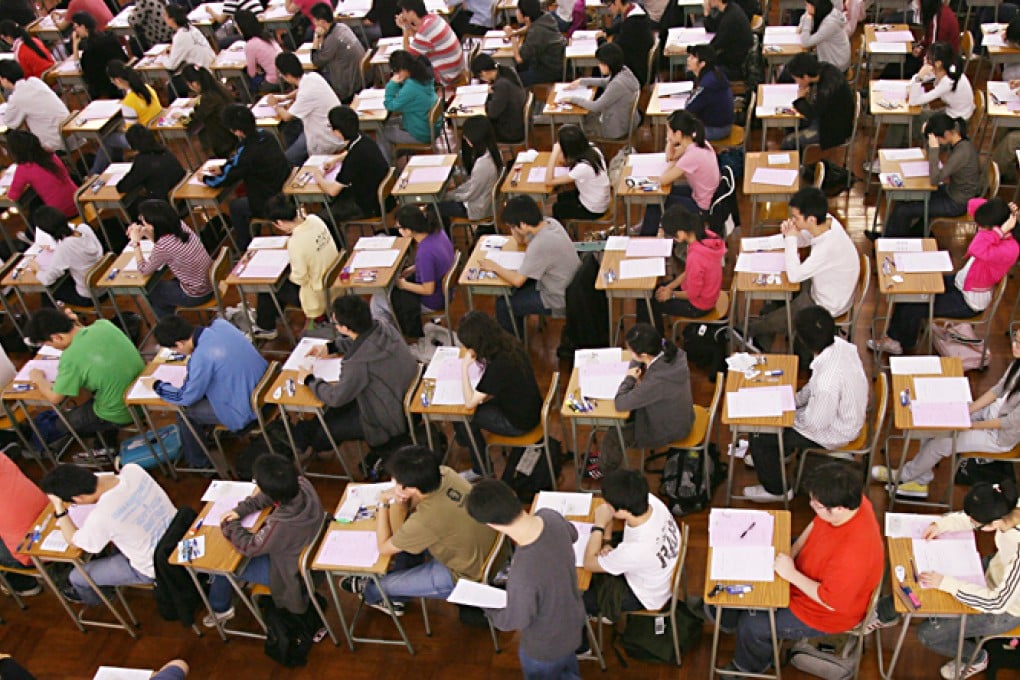British study shows genetics to be key factor in students' GCSE exam results
Study of 11,000 British teenagers finds DNA, not home life or quality of schools and teachersbest explains differences in pupils' test scores

Differences in children's examination results at secondary school owe more to genetics than teachers, schools or family environment, a British study has found.

In English, maths and science, genetics accounted for on average 58 per cent of the differences in scores that children achieved.
Grades in the sciences (such as physics, biology and chemistry) were more heritable than those in humanities subjects (such as art and music), at 58 per cent and 42 per cent respectively.
The findings do not mean that children's performance at school is determined by their genes, or that schools and the child's environment have no influence. The overall effect of a child's environment - including their home and school life - accounted for 36 per cent of the variation seen in exam scores across all subjects, the study found.
"The question we are asking is why do children differ in their GCSE scores? People immediately think it's schools. But if schools accounted for all the variance, then children in one classroom would all be the same," said Robert Plomin, an expert in behavioural genetics who led the study at King's College London.
To tease out the genetic contribution to children's school grades, the researchers studied GCSE scores of identical twins (who share 100 per cent of their genes) and non-identical twins (who share on average half of the genes that normally vary between people). Both groups share their environments to a similar extent.
